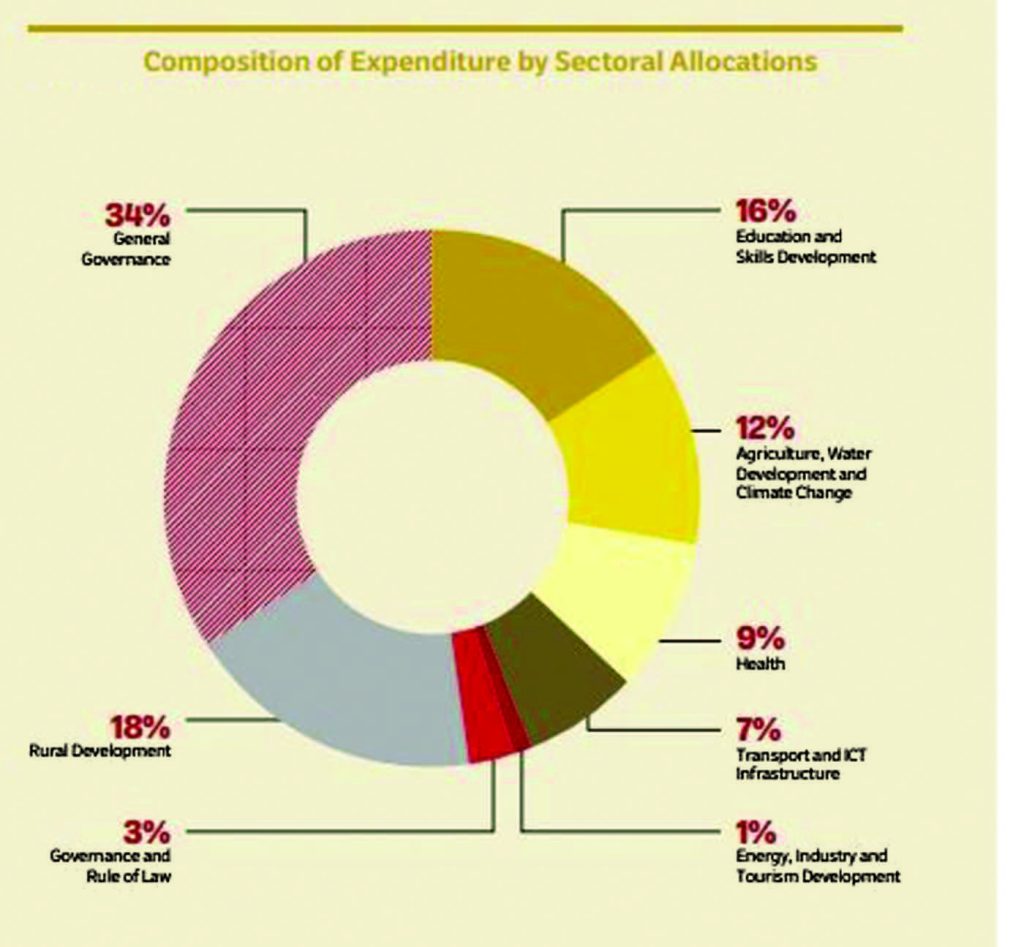Social sector funding drops
The Malawi Government’s combined allocation to social sectors has fallen over a five-year period from 35 percent of total government expenditure to 29.3 percent this fiscal year, a Unicef analysis shows.
In the analysis, the United Nations Children’s Fund (Unicef) says this scenario poses a threat to gains made in social sector outcomes.

The declining allocations in the education, health and social protection sectors from the 2019/20 to 2023/24 fiscal years, is due to Treasury’s constrained fiscal space.
In its analysis, Unicef said among the social sectors, education continues to receive the largest total government expenditure share, averaging 16 percent although it is showing a declining trend followed by health at 8.5 percent, social protection at three percent and water, sanitation and hygiene (Wash) at 2.5 percent.
Reads the analysis in part: “These trends are unevenly distributed with social protection and Wash budgets showing irregular trends, which are strongly linked to donor funding patterns.
“Increasing debt servicing allocations worth 24 percent of total government expenditure or 36 percent of total estimated revenue in 2023/24 fiscal year, are contributing to further shrinking of an already constrained fiscal space for social sectors.”
Business News analysis shows that in the five years to the 2023/24 fiscal year, for instance, Treasury will have paid an accumulated K2.2 trillion to pay the principal and interest on the country’s sovereign debt.
During the same period, estimates show that Treasury will have spent an estimated K4.2 trillion to education, health and social benefits, which also includes Social Cash Transfer Programme.
In an interview yesterday, education commentator Victor Chikoti said the declining allocations to the education sector could translate to limited access, compromised quality, teacher shortages and low morale.
He said: “Insufficient investment in education has broader economic consequences for Malawi.
“A less educated workforce may struggle to meet the demands of a changing labour market.”
On his part, health rights activist Maziko Matemba said while the declining trend signifies the challenges that Malawi is going through, this could compromise efforts to attain Malawi 2063 goals.
Malawi University of Business and Applied Sciences associate professor of economics Betchani Tchereni said while the resource envelope is under intense pressure to meet obligatory payments, reducing expenditure on social sectors “is a necessary evil”.
Meanwhile, total public debt stood at K7.9 trillion as at end December 2022, representing 69.93 percent of the gross domestic product (GDP) pegged at K12 trillion.





